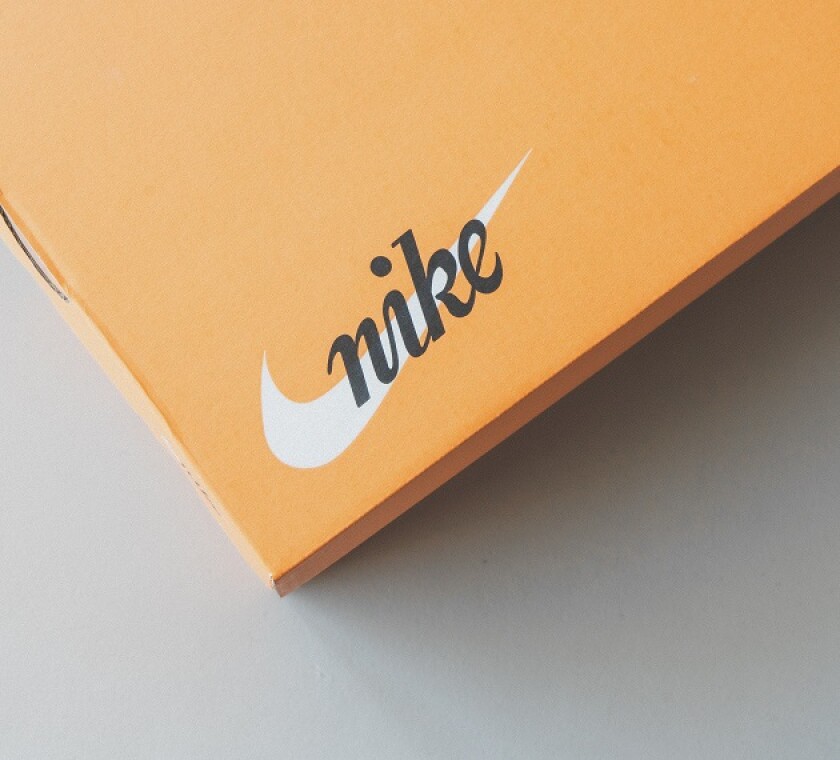The General Court ruled that the EU state aid investigation into Nike’s Dutch tax arrangements should go ahead. Case T-648/19 concerns the company’s subsidiaries Nike European Operations Netherlands BV (NEON) and Converse Netherlands BV (CN).
The European Commission launched an investigation into whether the Dutch tax authority granted illegal state aid to Nike in tax rulings from 2006, 2010, and 2015. The company denied that it received illegal state aid and set out to prevent the investigation.
“Nike is subject to and rigorously ensures that it complies with all the same tax laws as other companies operating in the Netherlands,” the company said in a statement. “We believe the European Commission’s investigation is without merit.”
Nike has claimed that the Commission’s preliminary assessment contained ‘legal errors’. The company also claimed that the EU failed to provide “sufficient reasons for finding that the contested measures fulfil all elements of state aid”. Yet the court dismissed this argument.
The General Court found that the Commission had not breached the principles of good administration and equal treatment. Instead, the court found that the provisional assessment was carried out in a diligent and impartial manner.
The European Commission has opened investigations into many multinational companies over taxes, but with mixed results. The Commission lost the high-profile Apple case but won the Fiat case.
This investigation adds Nike to the growing list of multinationals disputing the findings of EU state aid investigations. The company may be preparing to fight another day in court if the Commission deems the tax rulings constituted unlawful state aid.
Background
The EU Competition Commission has set out to examine five tax rulings issued by the Dutch government between 2006 and 2015 concerning Nike’s royalty payments.
The operating companies, NEON and CN, develop, market and record the sales of Nike and Converse products in Europe, the Middle East, and Africa. They obtained licenses to use intellectual property (IP) rights relating to Nike and Converse products in return for a tax-deductible royalty payment.
However, the IP rights were obtained from two other Dutch Nike group entities that are transparent for tax purposes, meaning they are not taxable in the Netherlands. Moreover, the EU Commission has said the Nike group's corporate structure itself is outside the remit of EU state aid rules.
The Commission’s initial findings suggested that Nike’s tax-deductible royalty payments to other group entities for IP rights do not reflect ‘economic reality’, warranting a full investigation over suspected illegal state aid.
“[The royalty payments] appear to be higher than what independent companies negotiating on market terms would have agreed between themselves in accordance with the arm’s-length principle,” said the European Commission when it launched the investigation in January 2019.
Margrethe Vestager, the EU commissioner in charge of competition policy at the time, said the Commission will “investigate carefully the tax treatment of Nike in the Netherlands, to assess whether it is in line with EU state aid rules”.
At the time, a Nike spokesperson told ITR that the sportswear company is subject to, and rigorously ensures that it complies with, all the same tax laws as other companies operating in the Netherlands.
The investigation means that Nike must make a large repayment to the Netherlands, if any of the benefits it has received since 2006 are deemed illegal state aid. But further court proceedings will be likely follow if Nike decides to fight such findings.
The company might well be cleared by the investigation. On the other hand, Nike may be walking the same course as other multinationals, but the company has no certainty as to whether its case will turn out like Apple’s or Fiat’s.











